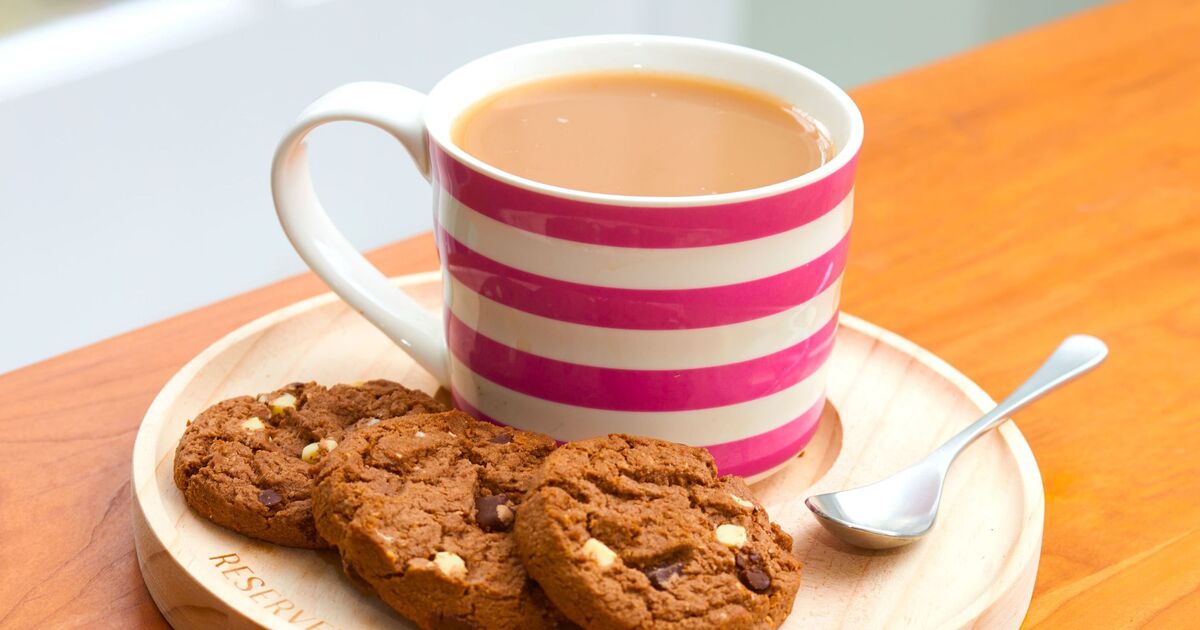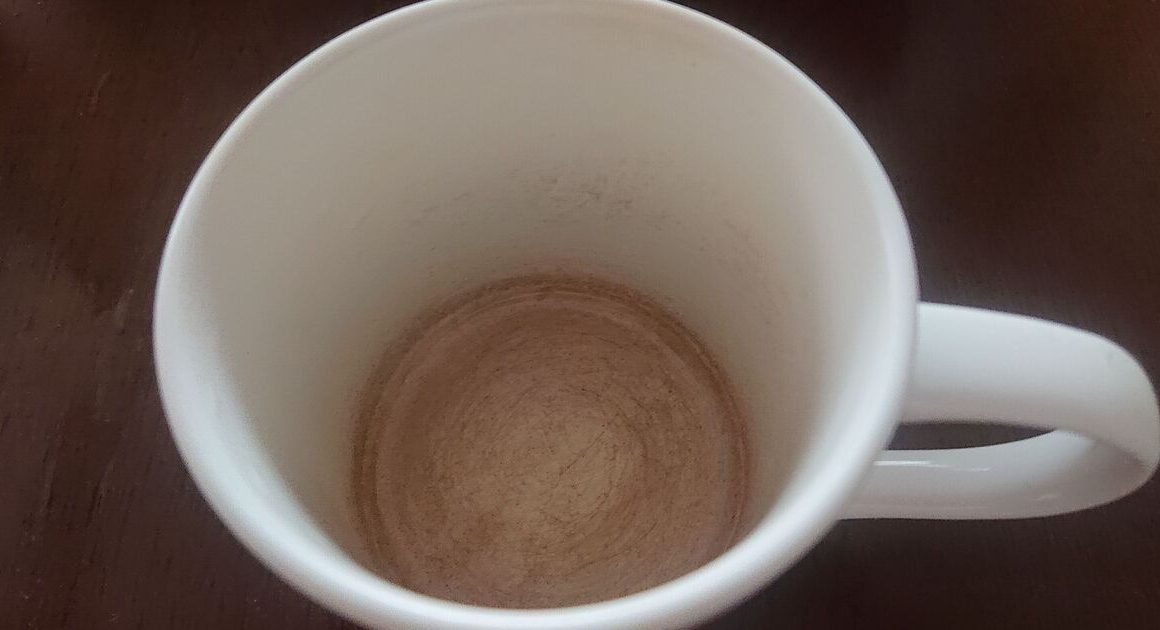Food scientists from London and the Netherlands have revealed that earthy, oat-based snacks like Digestives biscuits or Hobnobs are the best flavours to pair with a classic cup of English breakfast tea.
A standard cuppa’s strong, malty taste enhances sweetness in a biscuit, making something too chocolatey – like a bourbon – overpowering on the palate.
But if you must have a sweeter biscuit, opt not to have sugar in the tea itself, as too much sweetness will overshadow all of the other flavours.
A lemon-infused treat is the best option for people who enjoy Earl Grey due to the tea’s bergamot and floral flavour profile.
The tea and snacks pairing guide was produced by scientists at Nali Consulting, which advises some of the world’s leading food brands, to mark the launch of Guide Dogs’ Make Every Cuppa Count fundraising campaign on Friday, April 19.
A spokesperson for the campaign, which invites people to host a fundraising tea party, coffee morning or bake sale and is giving away dog-shaped cookie cutters, dog nose cake toppers and puppy bunting, said: “There are steps we can all take to perfect our tea rituals. Every cuppa counts – why not make them as good as they can be?
“Drinking tea is a national pastime, so it’s surprising to see how many people aren’t maximising their brew potential. Why not get together with friends, test out the recommended best pairings and have a good catch up? If there’s a better excuse to get together over a cuppa, we haven’t heard it.”
A few of Guide Dogs’ celebrity supporters have weighed in with their tea preferences, including Lorraine Kelly who enjoys a strong builders’ tea with regular milk and chocolate digestives.
Dragons Den star and entrepreneur Deborah Meaden said: “My choice is an English Breakfast tea with oat milk and a vegan digestive. Chai with vegan carrot cake sounds delicious to me as well, that’ll be on my list to try next. The fact that my combination is backed by the experts goes to show I must be on to a winner.”
A poll of 2,000 tea drinkers found four in 10 usually have a biscuit or snack with their brew – with one in 10 always making the pairing.
A classic Digestive was correctly deemed the best to have with a builder’s tea – although 42 percent would opt for the chocolate version. Shortbread (43 percent) and Rich Tea biscuits (39 percent), also scored highly for the classic English breakfast tea.
People who enjoy a well-spiced treat such as a carrot cake would be best opting for a black chai tea, often including flavours like cinnamon, cardamom, and cloves, making for a comforting pairing.
For the 11 percent of adults who usually opt for a peppermint tea – which helps aid digestion – chilli is suggested as the perfect accompaniment, ideally in a dark-chocolate base.
This is because there is ‘aromatic harmony’ between the earthy aromas of dark chocolate and the herbaceous notes of mint tea which enrich the flavour perception when together.
The average adult sips three cups of tea a day, with 44 percent committed snack or biscuit dunkers. Nearly a quarter (23 percent), however, admit that for them, the only true purpose of a cup of tea is to enjoy a little treat with it.
Around one in five (22 percent) consider themselves to be ‘tea connoisseurs’, with partners deemed the best to share a cuppa with (47 percent). But 24 percent prefer the ritual of having a bit of peace – and a refreshing brew all by themselves, according to the One Poll figures.
Natalie Alibrandi, CEO of Nali Consulting, the team of food and beverage scientists which put together the tea pairing recommendations, said: “We know flavour pairing preferences are subjective and influenced by individual tastes and aroma perceptions.
“Food science indicates that liking the food and drink itself is a primary driver of enjoying a food pairing. Therefore, while our recommendations offer suggestions, personal enjoyment of flavours remains paramount.
“While taste plays a role, our sense of smell, with its millions of receptors, significantly shapes flavour perception, by detecting key odorants within foods and beverages. Complementary aromas, and our unique perceptions of these, play a pivotal role in our enjoyment of combined flavours.”












